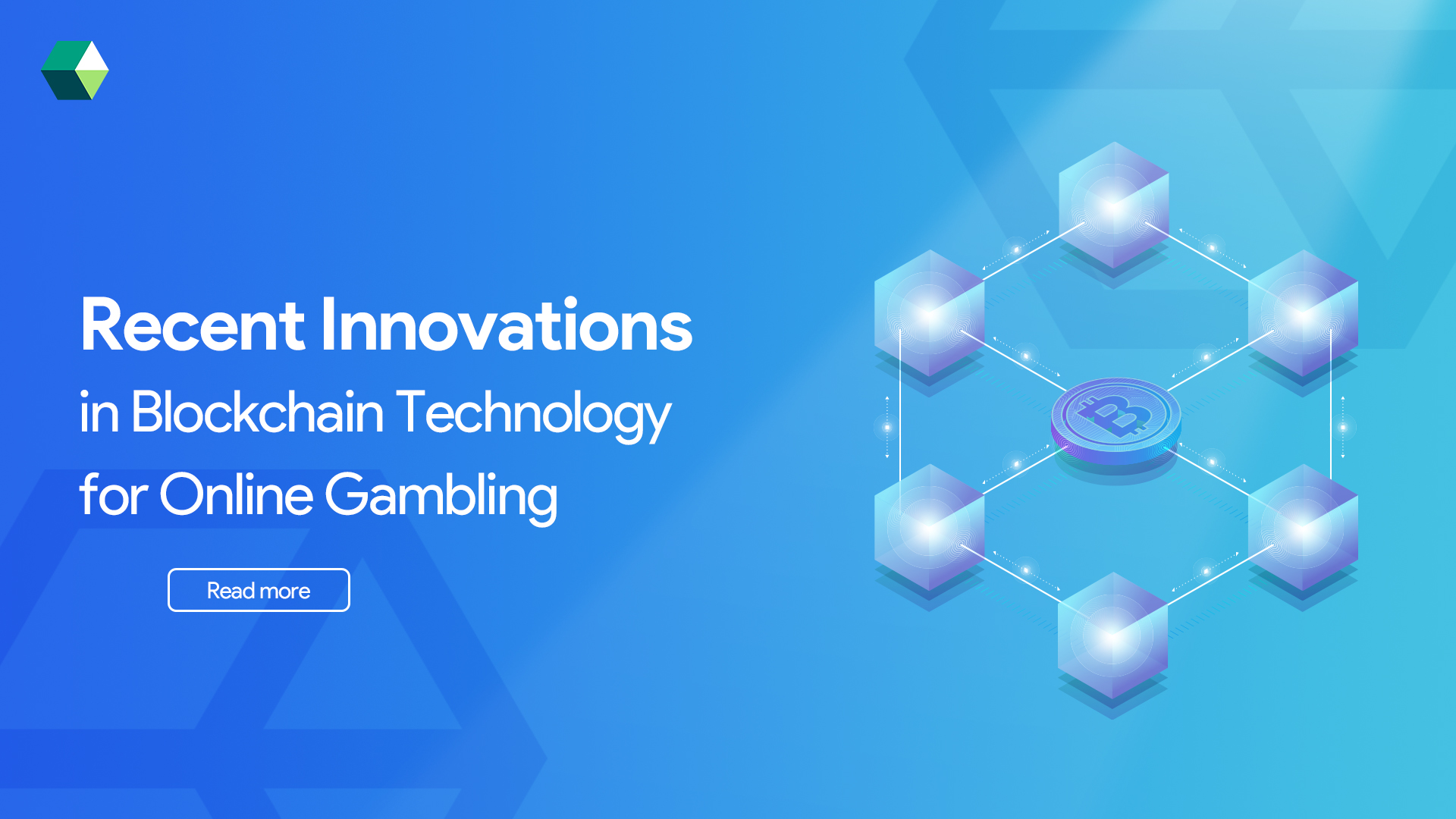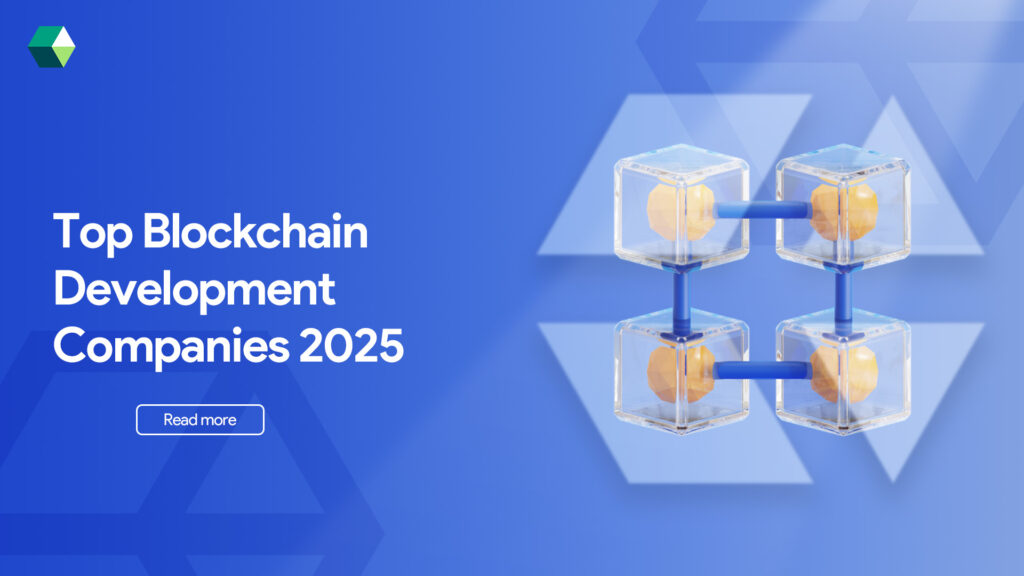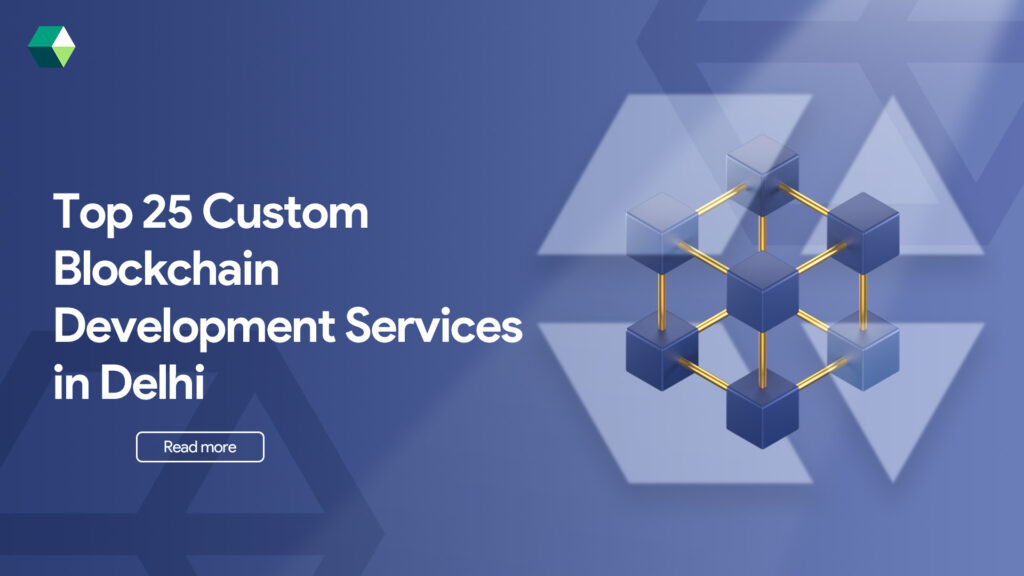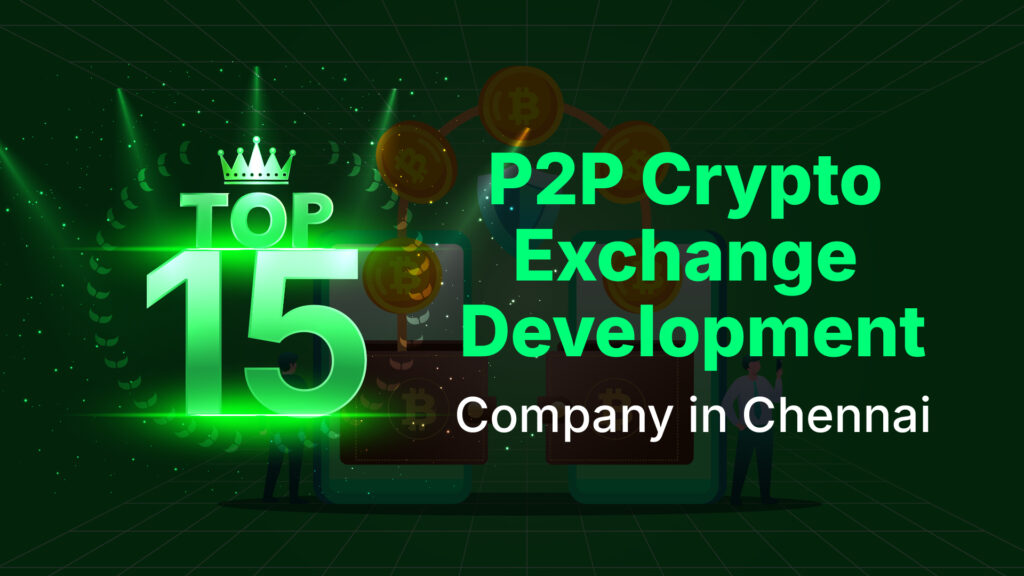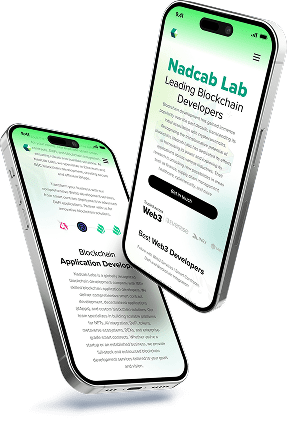The online gambling industry has witnessed a tremendous transformation over the last decade. Among the most revolutionary changes is the incorporation of blockchain technology into gambling platforms. As online gambling platforms continue to surge in popularity, their biggest challenges—trust, transparency, fairness, security, and transaction speed—are being actively addressed through decentralized technologies. A leading blockchain development company plays a crucial role in enabling these improvements with technical expertise.
From automating betting systems using smart contracts to integrating NFTs, blockchain brings a suite of tools that dramatically enhance both user and operator experiences. In this blog, we explore the most recent innovations in blockchain technology that are reshaping the online gambling industry, making it more transparent, secure, efficient, and accessible to a global audience.
1. Provably Fair Gaming
One of the most groundbreaking contributions of blockchain to online gambling is the concept of “provably fair gaming.” Traditional online casinos often suffer from a lack of trust as players have no way to verify if a game is rigged. Provably fair gaming solves this by using cryptographic algorithms to ensure the outcome of each bet or game round can be verified by the user.
Here’s how it works: before the game begins, the casino server provides a hashed seed (a cryptographic fingerprint of a value), while the player also inputs their own seed. The combination of these seeds determines the game result. After the round, the player can use the seeds to verify the outcome independently. This creates a level of transparency and fairness that was previously impossible in conventional gambling.
With provably fair algorithms, platforms developed using blockchain development services offer complete transparency in every game. This innovation encourages fair play, deters manipulation, and ensures that the house edge is clear and auditable.
2. Cryptocurrency Payments and Instant Withdrawals
In traditional gambling platforms, players often experience delays when withdrawing their winnings. Withdrawal processes can be slow due to banking protocols, geographical restrictions, and platform policies. Blockchain technology enables the use of cryptocurrencies such as Bitcoin, Ethereum, Litecoin, and stablecoins like USDT, allowing players to deposit and withdraw funds almost instantly.
These payments occur peer-to-peer without intermediaries like banks, making transactions not only faster but also more cost-effective. Gamblers from any part of the world can participate without worrying about currency conversions or local banking restrictions. This is especially beneficial for users in countries where gambling is either restricted or heavily regulated.
Furthermore, blockchain ensures that all payment records are immutable and transparent, reducing the risk of fraud and making audits more efficient with custom blockchain development services tailored to gambling platforms.
3. Smart Contracts for Trustless Betting
Smart contracts are programmable digital agreements that automatically execute when predefined conditions are met. In the context of online gambling, smart contracts are revolutionizing how bets are placed, settled, and recorded.
For example, in a sports betting application, once the match outcome is confirmed via an oracle (a data feed that connects real-world events to the blockchain), the smart contract autonomously disburses winnings to the appropriate users. There is no need for a middleman to validate the result or process payments, eliminating delays and reducing administrative costs. Trustless systems like these are a key feature of custom blockchain development and increase confidence among users.
4. Decentralized Gambling Applications (DApps)
Decentralized Applications, or DApps, run on public blockchains such as Ethereum, BNB Chain, or Solana. These platforms are not controlled by a central authority. Instead, they operate autonomously using smart contracts.
DApps provide multiple advantages over traditional centralized casinos. They offer better security, higher transparency, and reduced vulnerability to hacks or data leaks. Users interact with these platforms via crypto wallets, ensuring complete control over their funds and identity. The innovation of DApps is made possible through comprehensive blockchain solutions that support decentralization.
5. Tokenization and User Incentivization
Tokenization is another powerful blockchain innovation that is gaining traction in online gambling. Platforms issue their own native tokens which players can use to place bets, receive rewards, or participate in governance decisions.
These tokens can often be staked to earn passive income, creating new incentives for users to remain active. They also enable gambling platforms to build dynamic loyalty programs, allowing players to earn bonuses, access premium features, or trade tokens on external exchanges. Custom token models created with blockchain development solutions enhance both user engagement and platform monetization.
6. NFTs in Online Gambling
The integration of Non-Fungible Tokens (NFTs) into online gambling is an emerging trend with immense potential. NFTs are unique digital assets that can represent ownership of in-game items, avatars, or access passes.
Imagine owning a rare NFT poker chip that gives you access to high-stakes games or exclusive tournaments. Some platforms are even incorporating NFTs into their game mechanics, such as virtual horse racing or card games, where the items you play with are unique, tradable, and potentially valuable. These applications are made possible through expert guidance from blockchain development companies building scalable infrastructures.
7. Layer 2 Solutions for Scalability
One of the key challenges with early blockchain gambling platforms was the issue of scalability. Ethereum, for example, could only process a limited number of transactions per second, resulting in high gas fees and slow transaction speeds during peak times.
Layer 2 scaling solutions like Polygon, Arbitrum, and Optimism are solving this problem by conducting transactions off the main chain while still benefiting from its security. For gambling platforms, this means cheaper transaction fees, faster game execution, and the ability to support a larger user base. An experienced blockchain developer can integrate Layer 2 technology seamlessly to improve user experience.
8. Cross-Chain Compatibility
Modern blockchain gambling platforms are becoming increasingly interoperable. This means they can operate across multiple blockchains, giving users the flexibility to use the cryptocurrency of their choice.
Cross-chain bridges and interoperability protocols allow assets to move seamlessly from one blockchain to another. A user can place a bet in Bitcoin, receive winnings in Ethereum, and even stake rewards in Solana — all within the same platform. This flexibility is often part of a custom blockchain development company’s service to create inclusive platforms.
9. AI and Blockchain Synergy in Gambling
Artificial Intelligence (AI) and blockchain are forming a powerful alliance in online gambling. AI enhances user experience through personalized game recommendations, dynamic odds adjustment, and predictive analysis.
When combined with blockchain, AI can be used to detect suspicious activity and prevent cheating or fraudulent behavior. AI algorithms can analyze user behavior patterns and, through smart contracts, enforce responsible gambling measures such as setting wager limits or initiating cooling-off periods. This fusion is supported by reliable blockchain software development services that build secure and intelligent ecosystems.
10. DAO Governance in Gambling Communities
Decentralized Autonomous Organizations (DAOs) offer a new model of governance for online gambling platforms. With DAOs, control is shifted from a single entity to the community of users who hold governance tokens.
Users can propose and vote on key decisions such as game design changes, new feature implementation, or treasury fund allocation. This creates a more democratic environment where users feel empowered and heard. This model is often implemented via scalable blockchain app development that integrates community voting and on-chain governance.
11. Blockchain-Based Identity Verification
Identity verification is a key requirement for legal and regulatory compliance in the gambling industry. However, traditional KYC (Know Your Customer) processes are often intrusive, time-consuming, and risky in terms of data security.
Blockchain-based digital identity solutions provide a more secure alternative. Users complete their identity verification once and store encrypted credentials on the blockchain. These credentials can then be shared with multiple platforms without redoing the verification process each time. Such secure and user-friendly systems are part of effective blockchain development services tailored for compliance.
12. Enhanced Privacy with Zero-Knowledge Proofs (ZKPs)
Privacy is a major concern in the online gambling space. Zero-Knowledge Proofs (ZKPs) allow one party to prove to another that something is true without revealing any additional information.
For instance, a player can prove they are of legal age or reside in a valid jurisdiction without disclosing their full identity. This technology can also be used to verify game outcomes without exposing the underlying algorithm, maintaining both transparency and privacy. This innovation supports data protection while ensuring transparency.
13. Gambling in the Metaverse
The Metaverse represents a 3D digital world where users interact through avatars, and blockchain is the foundation of its economy. Online gambling is now expanding into this realm, offering immersive casino experiences where users can socialize, play, and wager in virtual environments.
Metaverse casinos integrate VR, AR, and blockchain to create engaging gambling experiences. Players can walk through virtual gaming halls, sit at tables, and interact with other players in real time. All bets and transactions are secured via blockchain, ensuring trust and authenticity. These platforms are not just games—they’re digital economies that benefit from well-executed blockchain ecosystems.
Blockchain for Safer Gambling – Begin Today!
Blockchain technology is no longer a futuristic concept for online gambling—it is already here and reshaping the industry from the ground up. With innovations such as smart contracts, provably fair games, NFTs, AI integration, and Metaverse casinos, the way people gamble online is undergoing a dramatic evolution. These advancements are solving long-standing issues around fairness, transparency, security, and accessibility. As more developers and entrepreneurs enter the space, we can expect even more creative and disruptive use cases for blockchain in online gambling.
For operators, embracing blockchain is not just an option—it’s becoming a necessity to stay competitive. For players, it’s a golden age where games are fairer, experiences are richer, and the ecosystem is more open and inclusive than ever before.
Whether you’re looking for a skilled blockchain developer, a trusted custom blockchain development company, or need advanced blockchain software development services, the possibilities are vast. For those planning future-ready platforms, investing in reliable blockchain app development is the smartest move. As the industry evolves, one thing is clear: blockchain is setting new standards for online gambling.
- 15 Coin Development
- 1inch Clone Development
- 1Inch DEX Developers
- 1Inch DEX Development Services
- 1Inch DEX Listing
- 1Inch DEX Services
- 1Inch Exchange
- 2025
- Aave Flash Loans
- Aave in Arbitrage Bots
- ABI
- Abstract Contracts
- Access to My Device
- Account Abstraction
- Account Model
- Account Trie in blockchain
- Accuracy
- Actionable Insights
- Address Management Services
- Advanced blockchain development
- Advanced blockchain solutions
- advanced token
- Advanced Token Development
- Affordable Blockchain Development
- Aggregator Contracts

 Blockchain
Blockchain  Apps & Game
Apps & Game  AI & ML
AI & ML  AR & VR
AR & VR  IOT Services
IOT Services  E-commerce
E-commerce  Frontend Developer
Frontend Developer  Backend Developers
Backend Developers  Game Developers
Game Developers  Ecommerce Developer
Ecommerce Developer  Dedicated Developers
Dedicated Developers 

